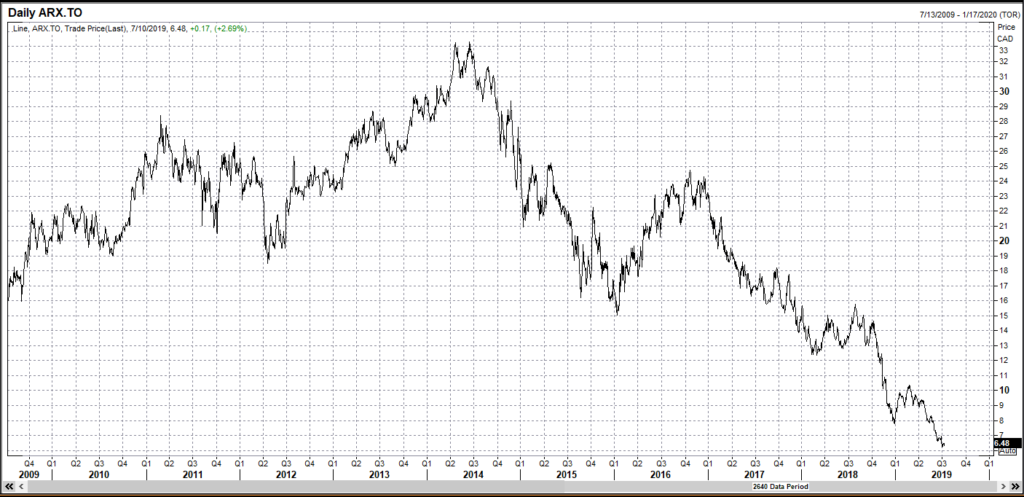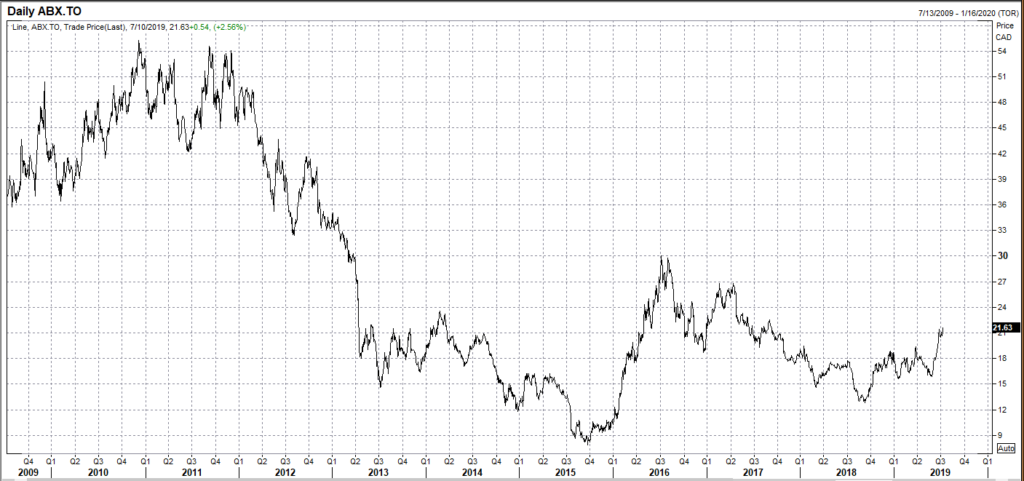We are now in record territory; a full decade of economic growth and stock market expansion has many investors fearful that we are overdue for a correction. In this quarter’s letter we make the case that the investments we hold in Avenue’s portfolios remain compelling, but at the same time we need to actively avoid certain stocks and sectors where there is excess valuation.
While negative headlines like US – China trade, Brexit, and Canadian pipeline politics rattle investors, the primary driver of our portfolios remains the low and relatively stable level of interest rates. We would also like to comment on the esoteric topic of liquidity, driven by what have become astoundingly large pools of money around the world and the implication for all investors.
We just surpassed the previous record of economic growth, which was the 120 months from 1991 to 2001, which ended with the bursting of the dot-com bubble. However, there have been a few key differences with our current expansion. The main variant is that economic growth has been consistent but weak by historical standards. Our economy has not built up excess over-investment in manufacturing or construction. There have also been many mini bear-markets in various sectors which always present opportunities to sell investments that get expensive and reinvest where we find value.



The only consistent trend in the markets over the past several years has been the dominance of the technology sector. What is new in this economic cycle is that the technology sector does not borrow money in the way traditional businesses do. When a tech company wishes to increase its supply of software or its technology services it does not need to make massive investments in a new plant and equipment, for example, in the same way the auto sector does.
Avenue continues to invest in technology. We currently own Apple and IBM. We also view BCE as a technology investment as it will be a key beneficiary of 5G mobile internet. Our challenge with technology is that most companies are not consistently profitable, given that they are disruptors. It is not easy to pin down which companies will be industry leaders in the years to come. (It is much easier to project something like Canada is unlikely to build a new railway from scratch.) Another challenge for Avenue is that technology valuations are once again extreme because of the level of interest in the technology sector.
Because Avenue’s portfolios are made up of businesses that have consistent income streams, the primary influence on valuation remains the level of interest rates. The media highlights the potential chaos of US – China trade talks, a hard Brexit, and the perception that Canada is un-investable since we cannot get new infrastructure built, like pipelines and ports. All these events have the effect of dampening economic activity. Lower economic activity means lower interest rates than there would have been without these events.
A slow growth economy with low and relatively stable interest rates are good for Avenue’s portfolio. Until last November of 2018, we didn’t know the limits of how high interest rates might go when normalizing, after eight years of very low rates. Our view was that if interest rates went too far beyond 3%, it would likely trigger a consumer recession. We use the example below of the US 2-Year Treasury Bill to show how interest rates have moved. We believe 3%, to maybe 3.5%, is confirmed as an upper limit and 1.0% to 1.5% may be now too low on the downside. But we believe we are in a band of lower interest rates within these levels for the foreseeable future.

Our last topic is the underpinning of all asset prices by big investment funds constantly looking for a place to invest their money. The big pools of money are getting bigger and they all need to put it somewhere. Anytime the market goes down there is a deluge of money looking to take advantage of the opportunity. We will try and attempt to show the scale of this dynamic by way of a few examples.
As a reference point, the value of all Canadian publics stocks is approximately $2.6 trillion.
Canada Pension Plan has grown over the last ten years from $100 billion to $400 billion. The latest internal estimate is that the plan will have assets of $2.5 trillion by 2050.
Norway’s sovereign wealth fund has grown from $300 billion to $1 trillion in ten years.
The combined Middle Eastern sovereign wealth funds of UAE, Kuwait, Qatar and Saudi Arabia have increased from $800 billion to $2.1 trillion.
Vanguard is the largest fund management company in the U.S. and they mainly use an index or passive strategy. Over the last ten years the values of assets they manage has grown from $1 trillion to almost $6 trillion.
Historically big pools of money that are risk adverse use the bond market as a core investment. In today’s low interest rate world, there are now over $12 trillion invested in bonds with negative interest rates. With the Japanese 2-Year bond yielding -0.2% and the German 2-Year bond yielding -0.75%, this is truly the investment anomaly of our time. All investors are motivated by the need for returns and certainly some of this money will be looking to get better returns by taking on more risk.
Also important to note is that most of these assets from the Canada Pension Plan to Norway to the Middle East are looking to make investments that diversify them away from their smaller domestic market. This adds to the concentration of investment dollars in safe jurisdictions where there are established private property rights and the rule of law like North America and Europe as a whole.
What we are experiencing is that when some investments are out of fashion or are too hard for big pools of money to invest in, they become inexpensive. We can use the example of how many medium sized companies in Canada have compelling long term value, yet their stock prices languish.
However, if they become inexpensive enough, big private pools of money will show up only to buy the whole public company outright. Recent examples are WestJet and Hudson Bay Company which have pending purchase offers using private equity money. We will now likely lose these companies as potential public investment opportunities.
Also, we saw ARC Financial, the largest private equity player in Alberta just raise $780 Million to buy up inexpensive and neglected Western Canadian energy companies. (ARC Financial is a sister company to ARC Resources, in which we recently invested.) At Avenue, if we keep our focus on quality businesses that consistently make money, the investments will either grow on their own or alternatively there is lots of money that will show up to buy them from us.
